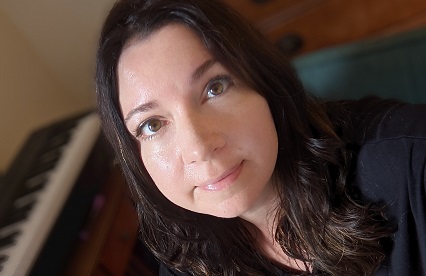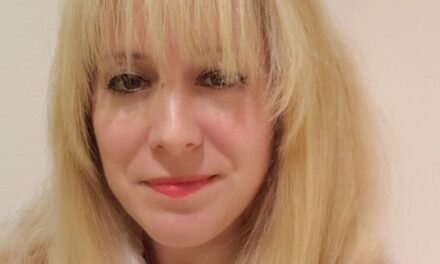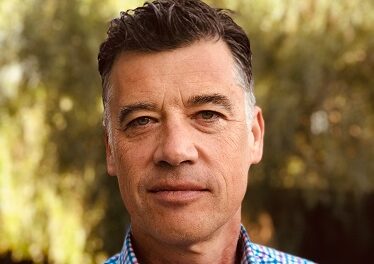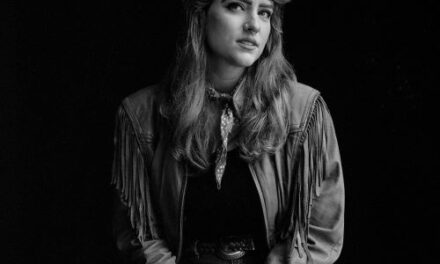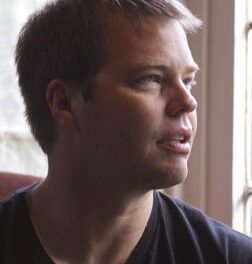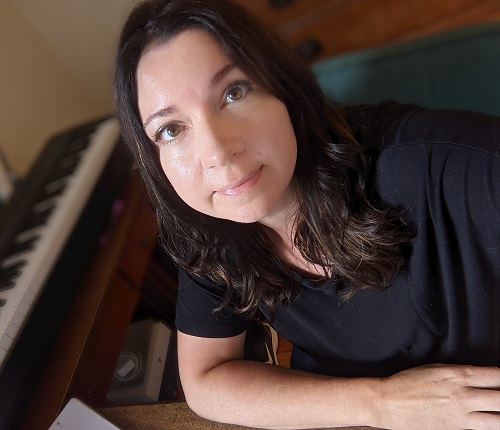
Managing Editor Lisa Ampleman: In part 1 of our Writers’ Day Jobs double feature this week, we are glad to share the experiences of Alison Stine, whom I’ve admired since she was a visiting writer at the University of Cincinnati in 2010. She read her poetry, including from the Vassar Miller–prizewinning collection Ohio Violence (University of North Texas Press, 2009), and I enjoyed talking craft afterward with another Midwesterner. Through social media in the years since, I’ve been able to see what she’s been writing (including lyric nonfiction, journalism, and fiction), about subjects such as single motherhood, rural poverty, the experience of being partially deaf, and pop culture, in prose that is always direct and graceful. To put it frankly: she works her tush off, and it’s great to see the recognition her work has gotten. She’s an ideal person to turn to for this series, and I’m thankful she was willing to share:
How would you describe what you do for your day job?
I’m the staff culture writer at Salon. I write and file at least six journalistic pieces a week, mostly commentaries, analyses, or explainer pieces on television, film, music, and books. Sometimes I write reviews and sometimes I get to interview people who make culture: actors or filmmakers, screenwriters or makeup artists or novelists. Before that, I worked for a long time as a freelance reporter. I wrote on culture but also reported a lot on poverty, having lived experience in that arena.
What do you enjoy about that job, and what are some of its detractions?
The thing I love most about journalism is that you’re constantly learning. You have to quickly become as proficient as possible in many different areas, whatever you’re writing about that day. A friend once said that I needed a million different lifetimes, to get to learn and do everything I wanted to. Journalism allows me to do that on some level. I’m shy and can have a hard time meeting people due to my disability (partial deafness). It’s difficult for me to keep up with spoken conversations, especially in groups or loud settings. But I love connecting with people, even just in a thirty-minute interview, finding common ground with a subject. It’s emotional and rewarding to get someone to trust you, to open up to you in conversation. It is a lot of writing, to both write for my day job and my night job. I have to spend so much time at my computer. If I could use one of those lifetimes to start over again, I might be a park ranger.
How, if at all, does your day job inform—or relate to—your writing life?
I feel especially that the interviews I’ve been fortunate to do have been a graduate class all in themselves. I learned so much about pacing from speaking with directors. Actors like Billy Boyd and Jamie Lee Curtis taught me about storytelling, connecting emotion to fictionalized experiences. It’s a huge gift to get to talk with people at the top of their fields about their process. I think all art is linked, so it makes sense that you can learn from any artist, that the striving which is creativity just overlaps.
Journalism has helped my prose be tighter, faster, and sharper. I get to the point earlier. It’s important for me to be propulsive in fiction. My first few published books were poetry, and sometimes I have to resist my impulse to describe everything all the time. Writing in another form, whatever it is, will always help you return to your instrument stronger and with new awareness.
What creative projects are you working on right now?
Next year Wednesday Books/Macmillan will publish my novel Dust. It’s about a girl who is Hard of Hearing (like me) and moves with her strict homeschooling family to rural Colorado, where she begins to realize a second Dust Bowl is coming. In November of 2022, my second novel Trashlands will be released in paperback for the first time. Trashlands is about a strip club at the end of the world. And I’m working a new novel. Like everyone with a day job, I have to steal time, usually when I would otherwise be sleeping. I get up early to write before work and before my son wakes, and I stay up late on the weekends. Fortunately, I’ve learned to live with less sleep.
Alison Stine is a writer, artist, and journalist from rural Ohio. She is the author of two novels, three poetry books, and a novella. Her first novel, Road out of Winter (MIRA, 2020), won the Philip K. Dick Award. Her second novel, Trashlands (MIRA, 2021), was longlisted for the Mark Twain American Voice in Literature Award. Find more about her at www.alisonstine.com, on Twitter at @AlisonStine or on Instagram at @alistinewrites.

